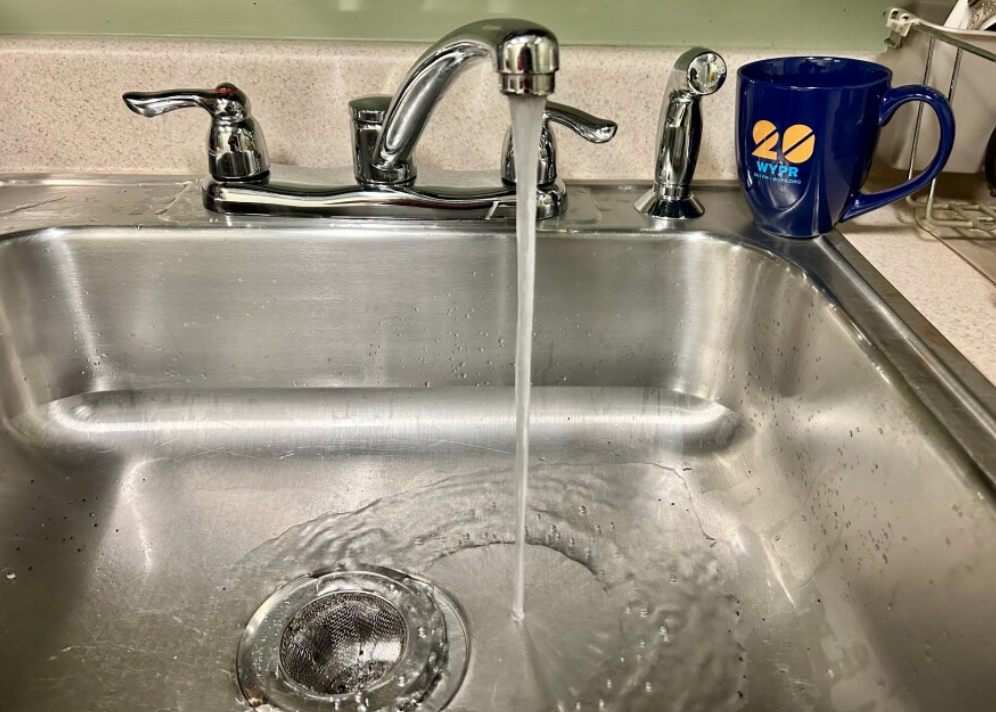On September 29, the Goucher community received an email from Erik Thompson,
VP for Campus Operations, informing us about parasites. Many of us were scared and wanted to know if the water was safe to drink, until we read the full email saying public drinking water is still “safe to consume.”
After the first email, a follow up was sent out October 3 with another update on the parasites, this one stating that the water is still safe to consume to the general public, but if you’re immunocompromised then you should take extra precautions.
The second email release provides with us some more details from the recent reservior water test result. From the email, “Cryptosporidium is a microorganism commonly found in lakes and rivers, which can potentially cause gastrointestinal problems, particularly, in those who are immunocompromised, elderly, or children.”
As for now, Thompson orders students who are immunocompromised to be the only ones at risk, and should stop drinking the water on campus.
After interviewing two potential immunocompromised individuals here at Goucher, the two thought that Goucher would have done better by providing help for certain individuals who are immunocompromised here.
After sitting down with both Sara ‘26 and Quinn ‘26 I heard more about how hard it must have been for immunocompromised individuals dealing with this issue.
This is what, Sara ‘26, was “very shocked to hear” when she first found out about the parasites in the water.
Quinn ‘26, knows two other people who were affected and said their experience was ‘hell’.
Quinn and Sara both have been playing it safe, with this water emergency.
Quinn empathizes more about Goucher’s ability to help students who need the help, “It shows how disabled students and immunocompromised students aren’t thought much about here.” says Quinn.
Quinn says Goucher does not do a good job at providing immunocompromised students here on campus.
Those interviewed suggested that the college would have reached out to Equal Access, a club on campus to help with students who need access to fresh clean water daily.
When asked if Goucher had provided any help to those who needed help during this water crisis, both Sara and Quinn said something along the lines of “no help was provided”.
Sara and Quinn both suggested a similar approach to helping with the water crisis here on campus. Sara suggested, “ They should give out free water to everyone.” Quinn thought of it as a grab and go station in the dining hall.
This is kind of like a first come first serve, priority service. Quinn suggested “A smart move would be to do another form of announcements, since people don’t check their emails often, a poster by the dining hall, and by water fountains. For example, “be aware of the water.”
Lastly, a final update was sent via email on October 5 stating that the latest reservoir water test done by the Baltimore City Department of Public Works contained no traces of the parasite Cryptosporidium. Despite this promising update, the email also includes a statement from the Maryland Department of Health and the Maryland Department of the Environment , who are advising those with weakened immune systems to drink bottled water, boil water before consumption, and use water filters labeled ANSI/NSF 53 or 58.
Image courtesy of WYPR

